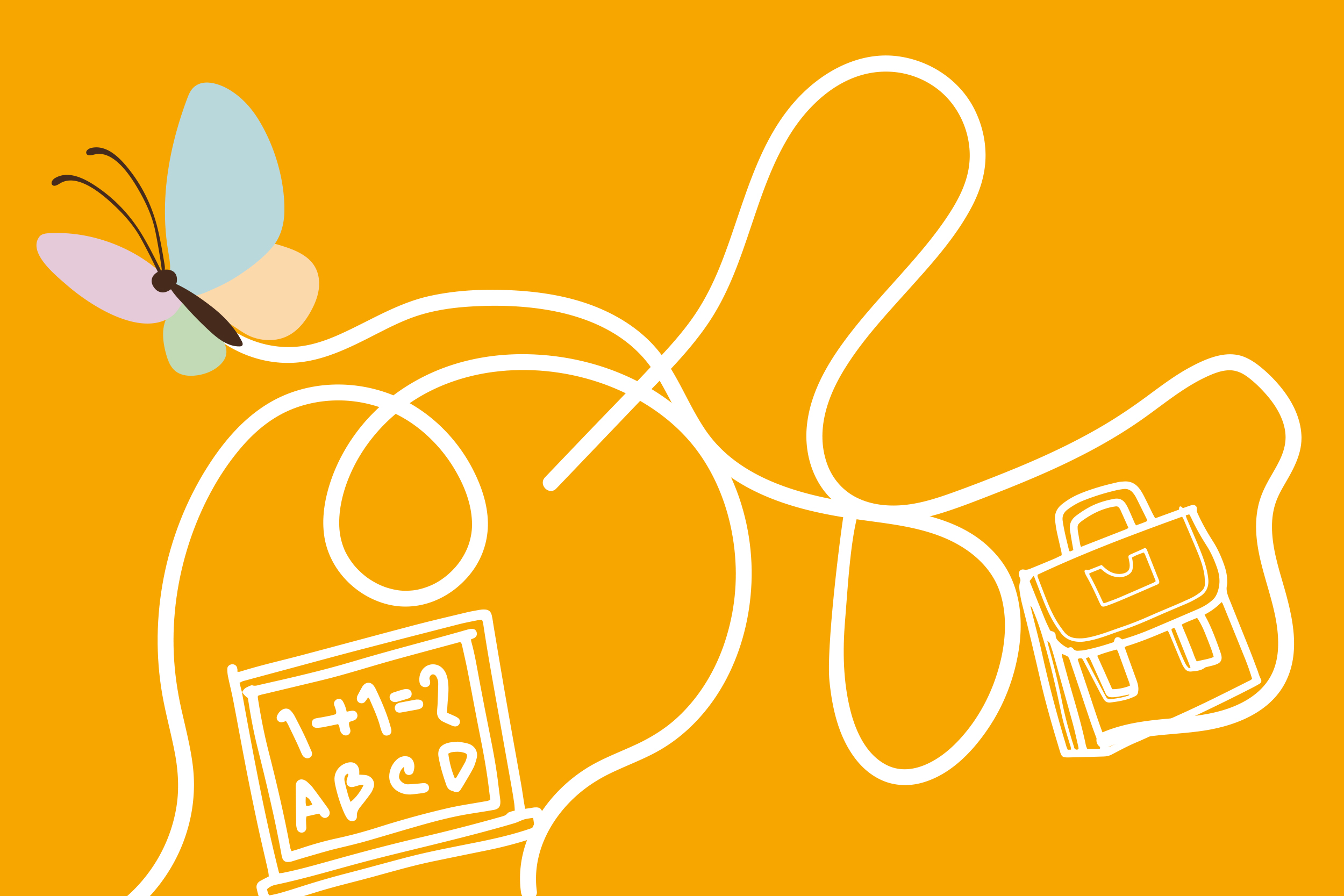The handbook “31 Basic Activities” is a resource for all who work in the field of inclusion. It addresses the challenges of receiving students with refugee background in schools, and is developed for educators and professionals in the field.

Description
The handbook contains proposals and actions that have been put into practice during the trainings and in the schools of the project “Schools For All – Inclusion of refugee children in Greek schools”. The ‘‘31 Basic Activities’’ include workshops, i.e. a set of combined activities as well as shorter activities on a topic. The material is structured in the following format, to meet the needs of the school, depending on the stage of its relationship with the new students.
The material is structured according to the categories “Before”, “During” and “After”, which meets the needs of the school, depending on its relationship with young students with refugee experiences. Each activity card includes the title, duration, description, learning objectives and expected outcomes, steps of the activity, required materials and resources, and how to evaluate the activity.The activities are presented below in abbreviated form for ease of use of the platform. For the full text of each activity as well as the theoretical background you can save each activity file or the entire handbook which is freely available in Greek and English.
In detail, the categorisation of the activities is as follows:
It is then necessary to integrate this awareness into the functioning of the school, to understand the interventions that need to be made, to reflect on the perceptions of children and adults, as well as the degree of preparedness of the school and to build on the exploration of the democratic and inclusive climate already mastered. In this preparation, creating an appropriate atmosphere is auxiliary.
Part of the preparation is using the educational tools of the Competences for Democratic Culture. The butterfly, the elements that make the school democratic and the effort to activate every member of the school community make the preparation realistic. A sensitized and prepared school can proceed with activities that help all its members to practice inclusion in the daily functioning of the school, even before the new students arrive. The implementation suggestions provide ideas and chart a basic course.
The activities on this category are illustrated with blue icons.
If the school is already welcoming new students, it needs to quickly organize their inclusion by putting in place basic functions that will facilitate the relationship between the existing and new students in a safe way.
Such operations include agreeing on the function of each group, becoming aware of the importance of rights and responsibilities, coordinating the cooperation of all teachers in the school through an action plan, and creating a mentor institution for new students and their parents.
Once the first necessary actions have been taken, it is time for the school to move on to actions that help all children to feel welcome and equal. If the school starts from this point, it is advisable to use the awareness-raising activities. Those included in the previous phase (BEFORE) are recommended.
The activities on this category are illustrated with yellow icons.
Even if the refugee students are already attending the school for some time, they still face the particular needs of their refugee experience and are still living unintentionally in a foreign place. The activities proposed here address the need to deepen the awareness of the first part (BEFORE).
Now familiar with its new students, the school proceeds to explore the positions and opinions of its members on diversity, to practice approaching controversial issues, and to remember that every child has dreams for the future.
The activities on this category are illustrated with green icons.
The “31 Basic Activities” handbook is available for download in English and Greek.





